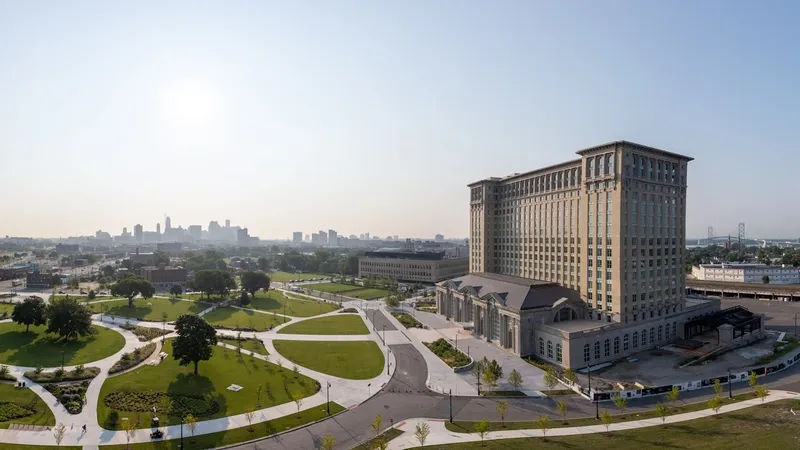
The two companies will continue to build on previous connected vehicle in the sales, marketing and manufacturing of Savari’s StreetWave roadside units (RSUs) and Econolite’s ITS solutions that leverage Savari’s latest V2I safety applications. These include curve speed warning (CSW), work zone warning (WZW) and in-vehicle signal phase and timing (SPaT).
“We are living in transformative times in the ITS industry,” said Econolite Group Chief Technology Officer, Gary Duncan. “With the rapid development of connected and automated vehicle and smart city initiatives, the importance of V2I capabilities will continue to grow. Through the combined expertise and technologies of Econolite Group and Savari, we can quickly help cities and transportation agencies successfully navigate and deploy the V2I systems that will help improve safety and enhance transportation efficiencies on our nation’s highways.”
Econolite Group and Savari have collaborated on a number of connected vehicle research projects and proof of concept demonstrations. This cooperation most recently occurred during the Multi-Modal Intelligent Traffic Signal System (MMITSS) project which takes advantage of connected vehicles to optimise intersection operation and provide improved response to priority requests for emergency, transit and freight vehicles. MMITSS leveraged ITS systems from Econolite and V2X communication solutions from Savari together with advanced control and priority concepts developed by the University of Arizona.
“Our previous successful collaboration on connected vehicle projects provided great insight into our collective capabilities,” said Ravi Puvvala, CEO of Savari.
“V2X safety communication technology, which includes V2V, V2I and V2P hardware and applications, forms the foundation of every smart city’s automated urban transportation system.”










